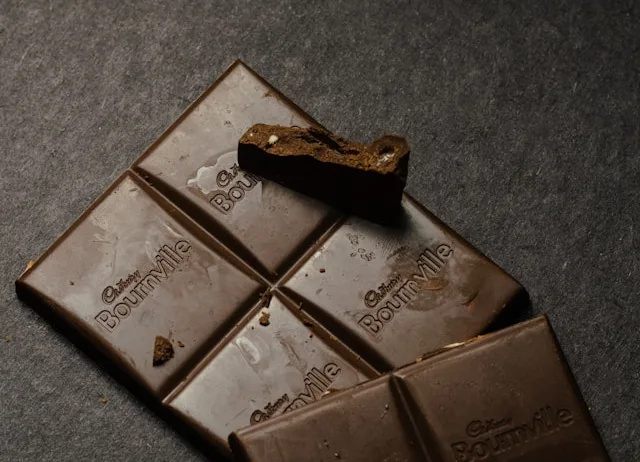King Charles III revokes Cadbury’s Royal Warrant, marking the end of a 170-year legacy
In a historic decision, Cadbury has lost its Royal Warrant for the first time in 170 years, severing its long-standing connection to the British monarchy. The beloved chocolate brand, once a favourite of the late Queen Elizabeth II, was notably absent from a list of companies granted the prestigious royal seal of approval, announced by King Charles III this week.
For over a century and a half, Cadbury’s has held a Royal Warrant, first bestowed by Queen Victoria in 1854. The warrant, a symbol of excellence, has been maintained by the company through six monarchs, cementing its place in British royal tradition. However, with King Charles III’s recent announcement of nearly 400 companies receiving royal warrants, Cadbury was notably excluded, making this a monumental shift in the brand’s royal status.
Embed from Getty ImagesThe decision made public on 22 December 2024, has shocked many, particularly since Cadbury’s has long been associated with the royal family. Queen Elizabeth II, in particular, was known to enjoy Bournville chocolate every Christmas, and the company’s products were regularly supplied to the royal household. However, it’s understood that Cadbury’s supply to the Royal Family has declined in recent years, especially since the Queen’s passing in 2022.
A variety of factors are considered when granting a royal warrant, including the company’s ongoing supply of goods or services to the Royal Family. According to reports, Cadbury’s supply has decreased significantly, and the loss of this connection may have played a role in the King’s decision to drop the brand. Despite its exclusion, King Charles kept the royal warrants for 386 companies, including well-known brands like Kellogg’s and Moët Champagne.
Cadbury’s loss of the royal warrant also follows mounting pressure from campaign groups. In June 2024, B4Ukraine, a Ukrainian advocacy group, wrote to King Charles urging him to revoke the warrants of companies like Cadbury’s, citing their continued operations in Russia amidst the ongoing war with Ukraine. The group argued that these companies were indirectly supporting the Russian regime, and called on the British royal family to show solidarity with Ukraine by severing ties with such brands.
“Companies contributing to the suffering and devastation in Ukraine should not be granted the privilege and honour of a royal warrant,” the campaigners wrote in their letter to the King. Although Cadbury has not publicly addressed the issue of its operations in Russia, the petition against it highlights growing concerns over corporate ties to the Russian regime.
For Cadbury, the loss of this royal endorsement is a significant blow to its image, especially after maintaining such a close connection to the monarchy for over a century. While the company has yet to comment publicly on the King’s decision, the revocation of its Royal Warrant marks the end of an era for one of the most iconic chocolate brands in the world.
The royal warrant has long been a symbol of prestige and is often used by companies to boost their image and appeal. However, as King Charles III reshapes the royal family’s relationship with businesses, Cadbury’s departure from this exclusive list serves as a reminder that maintaining the royal seal requires more than just a legacy—it demands ongoing relevance and compliance with the values upheld by the monarchy.
